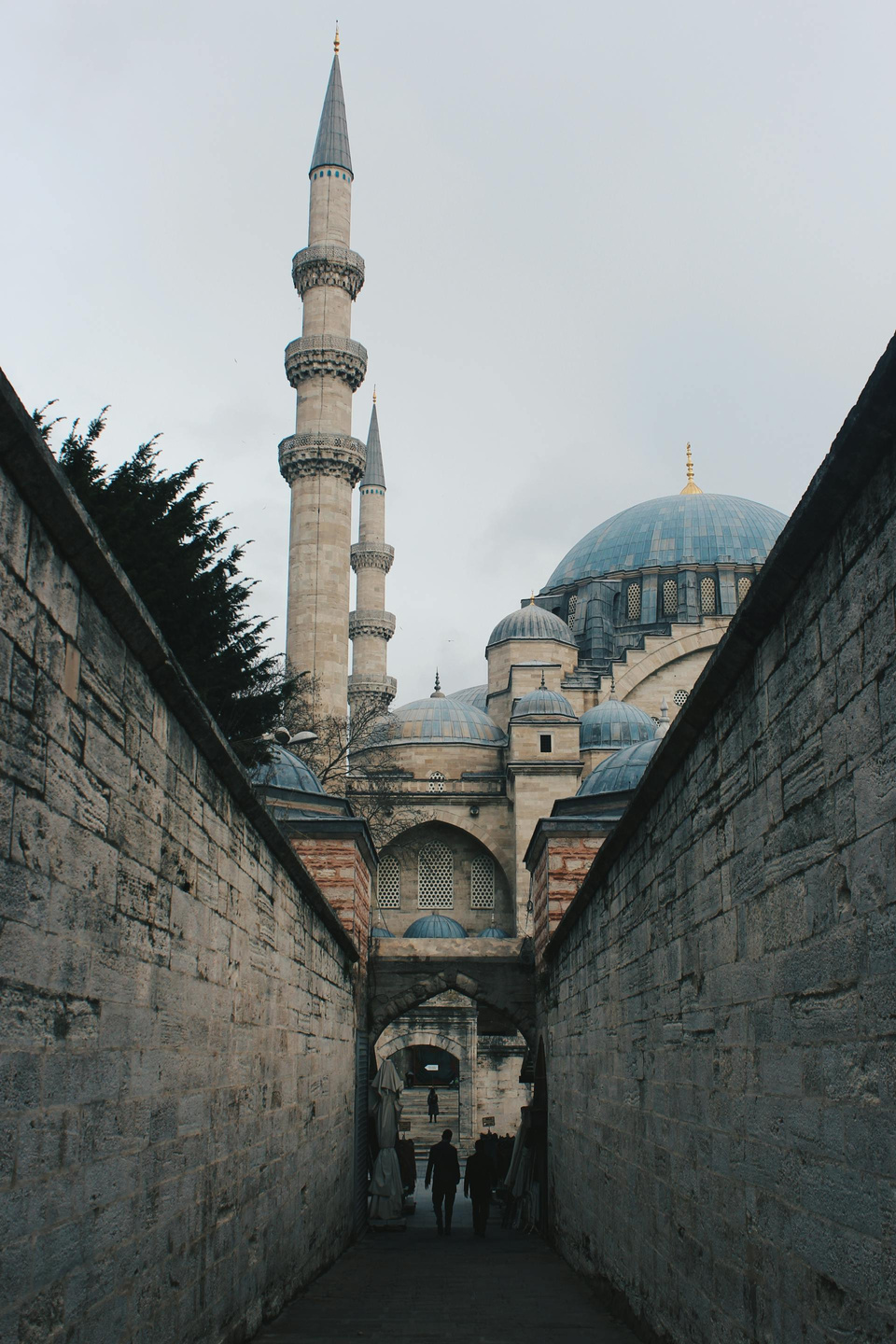“The spirit is so near that you can’t see it! But reach for it… don’t be a jar, full of water, whose rim is always dry. Don’t be the rider who gallops all night and never sees the horse that is beneath him.”
Rumi
Sufism is fundamentally rooted in the ancient and profound covenant between the Divine and humanity. Man struggles to lift the veil of ignorance to embrace the beauty and majesty of God. Sufism is a spiritual discipline that calls for a constant search for truth, a quest into the structure and the mysteries of the universe embracing the awesome beauty and splendour of the creator through his creation.
As Dr. Ann Marie Schimel puts it and I quote “Sufism is the code of the heart or the purification of soul.” Rightly said it is primarily concerned with the internal state of soul rather than external behaviour.
Sufism in Islam is the spiritual ascension into the ultimate pursuit of “God who becomes nearer to man than his Jagular vein” as said by Al-Qusheri. In fact, a Sufi goes through a state of bewilderment as he is struck by the wonders of God’s unique creation. He is burnt and illuminated by the fire of Tauhid (oneness) in order to become eternal. Such is the vision of a Sufi and treads the path of love and devotion. His aim is to remove all veils between individual and God, lover and the beloved.
There are many definitions of the term “Sufi” in the literature. The word Sufi, to some, has it roots in the Arabic word “Suf”, meaning a coarse woolen cloth, just as the garments worn by the mystics and saints symbolizing their renunciation of worldly riches. To some, it is a tradition of Muslim devotees.

Sufism is the code of the heart or the purification of soul
Dr. Ann Marie Schimel
This tradition, includes among these early Sufis a group known as Ahl-e-Suffa (people of the Bench) who lived life of simplicity, contentment and piety, belonging to different origins like Bilal from Ethiopia, Salman from Persia and Suhaib from Rome, called as Ashab-e-Sufa. According to some scholars, the term Sufism is said to have originated from there. Reynold Nicholson, the most outstanding of all Westren School of Sufism begins his discussions of Sufism by quoting the words of Maref-e-karfi, “Sufism is the apprehension of divine realities.” Most discourse of Sufism, identify two dimensions as critical to understanding its nature and history. The first is the intellectual dimension, dealing with contents of sufi teachings, the second is organizational because sufi teachings came to be manifested through associations with great significance with Muslim societies. The cities of Basara, Kufa, Damascas, Cairo, and Baghadad along with the desert of Arabia, Sina and Mesopotamia have become the centers where Sufi movement flourished.

The spread of Sufism has been considered a definitive factor in the spread of Islam and in the creation of integrally Islamic culture especially in Africa and Asia. The foundation of religious orders goes back to a very early date in the history of Islam and some of the early Sufi teachers who are reputed to have been responsible for founding of such orders.
Most Sufi orders are named after famous figure who is viewed in effect as the founder. These founders are generally those masters who confided and institutionalized the distinctive teachings and practices of the order.
The article will be continued as Part II in the Issue of July 2024







